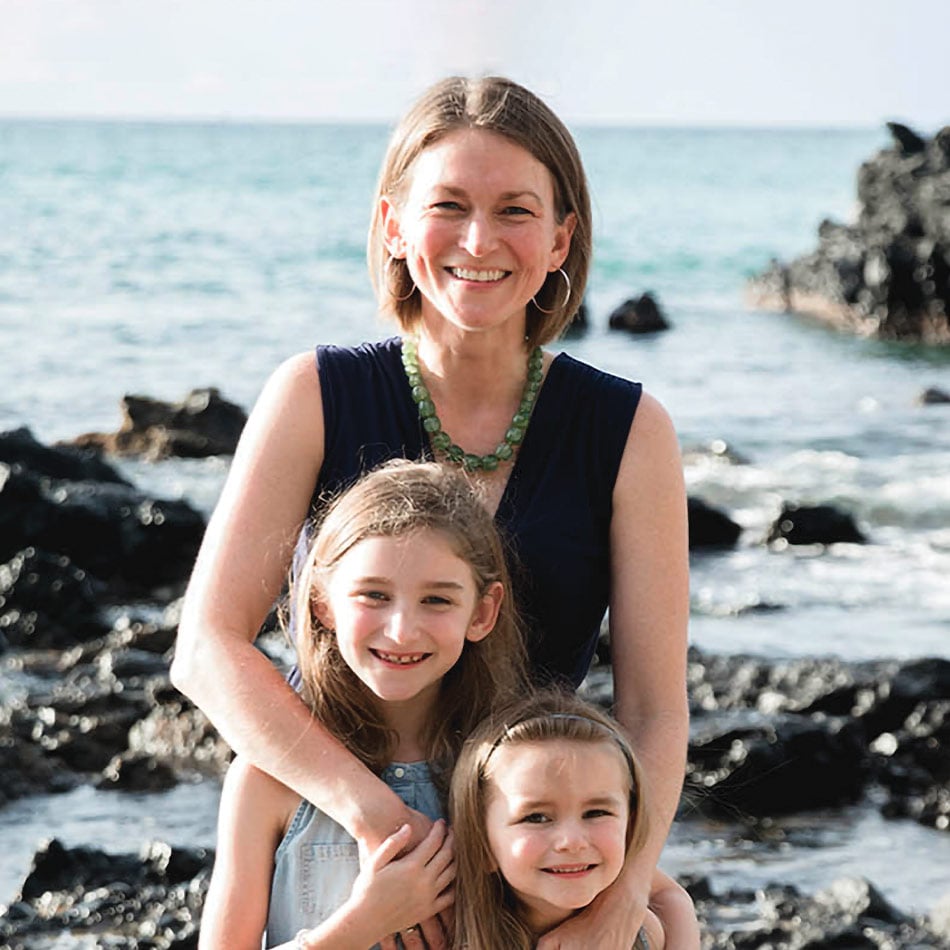Choosing Hope
By Kate Watson
When I was diagnosed with metastatic breast cancer in 2016, I was terrified.1
Dr. Abraham2 was very thorough about explaining everything. He felt confident that the treatments would work for me. At the end of the appointment, he looked me right in the eyes and said, “We will take care of you.”
Because my cancer is stage 4, I’ll be in treatment for the rest of my life. I come to Cleveland Clinic every three weeks.
Currently, I show no evidence of active disease, which means that when I go for my scans, the cancer can’t be detected. Because I’m metastatic, that’s no guarantee that there is no cancer anywhere in my body. That’s why I have to continue with my targeted therapies, to make sure that nothing springs back up.
This whole experience has taught me that you can’t take the current moment for granted. You don’t know what’s going to happen tomorrow, good or bad. My cancer could progress, but I choose to believe that it’s not going to, and that tomorrow is going to bring new advances to end the cycle of treatments.3
My hope for my daughters is that they live to see a world where breast cancer has been eradicated. And if that’s not the case, then I hope that they live to see a world where doctors like Dr. Abraham are still at Cleveland Clinic.
Kate Watson and her husband, Scott, have two daughters, Audrey and Olivia. The family participates in VeloSano, Cleveland Clinic’s fundraiser for lifesaving cancer research.

Photo: Courtesy of Kate Watson
Notes
- Watson was diagnosed with human epidermal growth factor receptor 2 (HER2) positive metastatic breast cancer, which often responds well to chemotherapy.
- Oncologist Jame Abraham, MD, FACP, is Chair of the Department of Hematology & Medical Oncology in Taussig Cancer Institute.
- Events organized by Watson have raised more than $35,000 for metastatic stage 4 breast cancer research.
